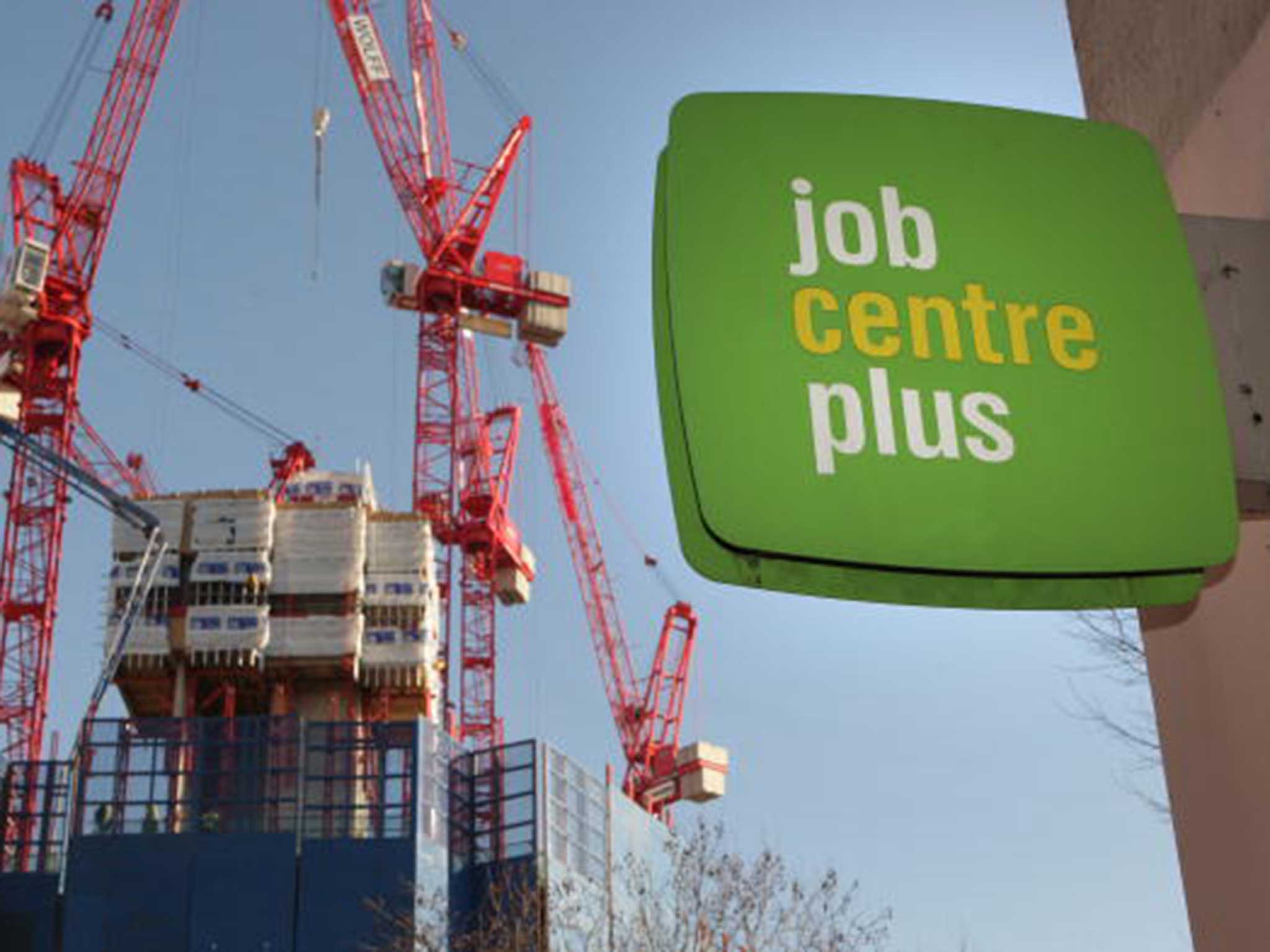Minority workers are bearing the brunt of pandemic job cuts – the government must act
McKinsey has repeatedly proved that diversity boosts business. Britain’s employers still appear to need educating on that point, writes James Moore


The pandemic has delivered economic and public health gut punches that have hit disadvantaged groups twice as hard on both fronts.
The latest evidence for that comes courtesy of the TUC, which has published a report showing the surge in redundancies is hitting black and minority ethnic workers far harder than their white colleagues, even with the furlough scheme keeping a lid on the numbers.
The unemployment rate among minority workers was 7 per cent between July and September 2019. The figure for the same period in 2020 was 8.5 per cent, an increase of 1.5 percentage points.
Among white workers the figures were 3.6 per cent and 4.5 per cent respectively, a rise of just 0.9 percentage points. Of the minority workforce, one in 12 is now unemployed against one in 22 of their white counterparts.
The disparity was clearly problematic before the pandemic started laying waste to large parts of the economy. It’s a problem the ought to have troubled anyone with a conscience.
The fact that the situation is deteriorating at a time when the virus is also disproportionately killing minority groups should be intolerable.
And yet it is likely to get a good deal worse before it gets better. The Office for Budgetary Responsibility forecasts that the rate of unemployment will peak at 7.5 per cent, a number the minority rate has already exceeded by a considerable margin.
The figures are a powerful riposte for those trading in the pernicious falsehood that racism doesn’t exist. Clearly it does, and just as clearly it is systemic.
It is also a tragic waste of talent and potential that a nation facing up to a chilly new post Brexit reality can’t easily afford to waste.
The fact is that diversity is a winning formula when it comes to business success. McKinsey, the famed management consultant, has repeatedly proved the case.
Its most recent research on the subject was published in May last year.
“Our latest report shows not only that the business case remains robust but also that the relationship between diversity on executive teams and the likelihood of financial outperformance has strengthened over time,” it said.
The research found that companies with ethnically diverse management teams were 36 per cent more likely to deliver top quartile performance when compared with those which did not.
It also argued that Covid-19 made the case for diversity stronger than ever. “As this report shows… inclusion and diversity is a powerful enabler of business performance. Companies whose leaders welcome diverse talents and include multiple perspectives are likely to emerge from the crisis stronger. In short: diversity wins, now more than ever.”
This is, unfortunately, a message that doesn’t seem to be getting through to employers who have been cutting a swathe through their minority workforces, even if that results in them hobbling their ability to recover when the pandemic has past.
This is an issue that a responsible government ought to be considering as a matter of urgency. The TUC has, for example, called for the introduction of mandatory ethnicity pay-gap reporting and for employers to be made to publish action plans to ensure fair treatment for minorities in the workplace. The latter, in particular, might be a a good place to start because, per McKinsey, it would be in their interests.
A ban on zero-hours contracts, which disproportionately hit minority workers, and stronger rights for those in insecure work would also be worthy of consideration.
Trouble is, this government has a decidedly spotty record when it comes to matters related to race. You can start with some of the prime minister’s past writings and the deeply unpleasant language they have featured.
Last month Labour’s Diane Abbott, writing in The Independent, also made the point that Equalities minister Liz Truss had appointed 253 people from outside government to new advisory roles connected to trade. Just 63 of these (24.9 per cent) were women and while 240 were white, just 12 were Asian and only one was black.
Perhaps someone should send Truss and her boss a copy of McKinsey’s report? Perhaps Britain’s big investors might like to bring it up when they sit down with the nation’s business leaders. If the government is blind to the value of a diverse and successful workforce, one would at least expect those whose interest is in making money to be able to see it.



Join our commenting forum
Join thought-provoking conversations, follow other Independent readers and see their replies
Comments